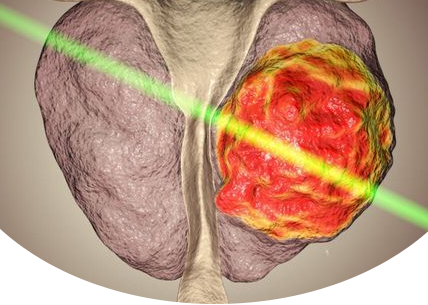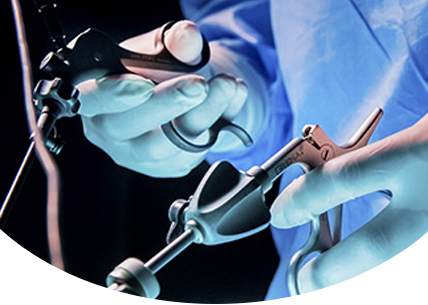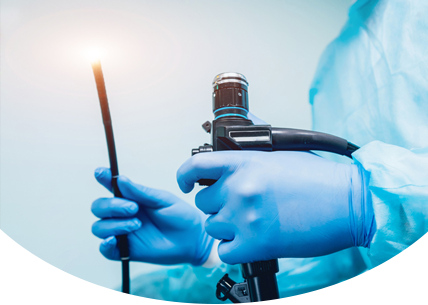Minimally Invasive Urological procedures for Urinary Tract Stones, Prostate, Urethral Strictures.
Minimally invasive urological procedures are designed to treat conditions like urinary tract stones, prostate issues, and urethral strictures with reduced recovery times and fewer complications. Here are some common procedures:Urinary Tract Stones1. Extracorporeal Shock Wave Lithotripsy (ESWL): Uses shock waves to break stones into smaller pieces that can be passed more easily.2. Ureteroscopy: A thin tube is inserted through the urethra and bladder to reach the ureters, where stones can be visualized and removed or fragmented using lasers.3. Percutaneous Nephrolithotomy (PCNL): A small incision is made in the back to remove larger stones from the kidney.Prostate Issues1. Transurethral Resection of the Prostate (TURP): A minimally invasive procedure where excess prostate tissue is removed using a resectoscope inserted through the urethra.2. Holmium Laser Enucleation of the Prostate (HoLEP): Uses a laser to remove obstructive prostate tissue, allowing for better urinary flow.3. Prostatic Urethral Lift (Urolift): Involves placing implants to hold the prostate tissue away from the urethra, improving urine flow without cutting tissue.Urethral Strictures1. Urethral Dilation: A procedure to widen the urethra using a series of progressively larger dilators.2. Internal Urethrotomy: A small incision is made in the stricture to open it up, often using a laser.3. Substitution Urethroplasty: While more invasive, this technique can replace or repair damaged urethral segments with tissue grafts, using minimally invasive techniques when possible.
READ MORE





